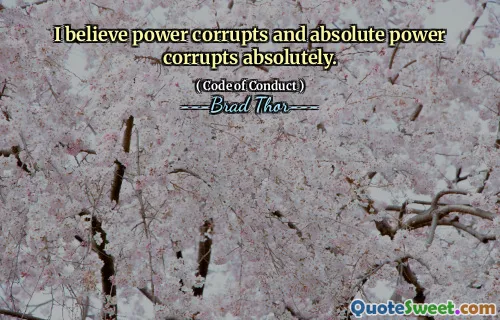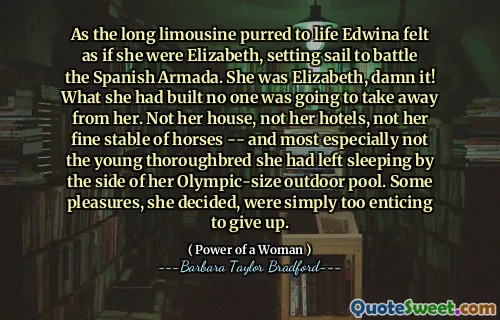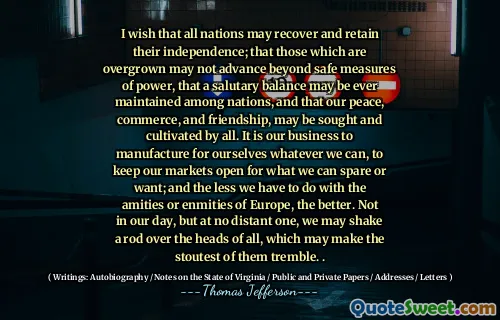
Except here it's more power, more energy, younger and also in Europe it's still not only entertainment. Theater or films are looked at as a moral institution. That's why maybe they're so poetic. Here it's clear entertainment.
This quote highlights a fascinating cultural contrast between two artistic landscapes: one that favors entertainment and another that embraces art as a vessel of moral significance. Maximilian Schell touches on the energy and vibrancy associated with what he perceives as a youthful setting—a context where art serves primarily as entertainment. This energetic, entertainment-centered approach is depicted as more commercially driven and perhaps less reverent of deeper societal and philosophical implications.
On the other hand, Europe’s theatrical and cinematic traditions are described as still carrying the weight of moral inquiry and responsibility. They serve not just to amuse, but to challenge and refine societal conscience, which may explain their poetic nature — art that elevates and provokes thought. Theater and film in this understanding function almost as ethical institutions, shaping public discourse and values beyond mere leisure.
This duality surfaces a timeless tension within the arts: the balance (or sometimes the struggle) between commercial entertainment and artistic expression that seeks to inspire transformation and introspection. Both dimensions are indispensable; entertainment offers accessibility and joy, energizing audiences, while moral inquiry evokes reflection and, potentially, societal change. Appreciating both aspects can enrich our experience as consumers and creators of art, allowing us to recognize how culture is molded by its intentions and societal context.
Schell’s observation challenges us to consider what we seek in art and how cultural attitudes shape not only the content and style but also the impact of creative works. It invites a dialogue on the role of art as a mirror and a mold of collective morality versus a medium of escapism and pleasure.











